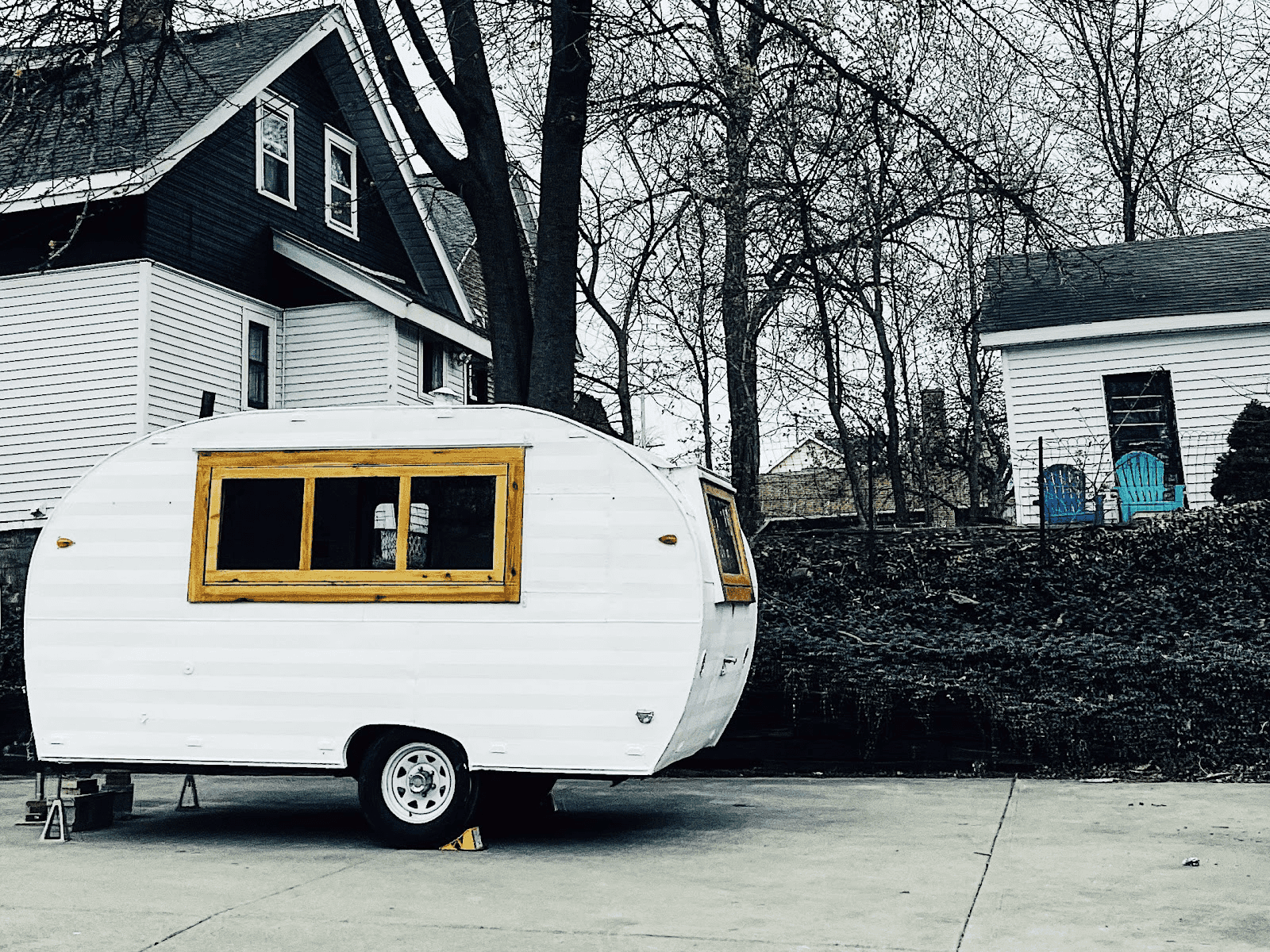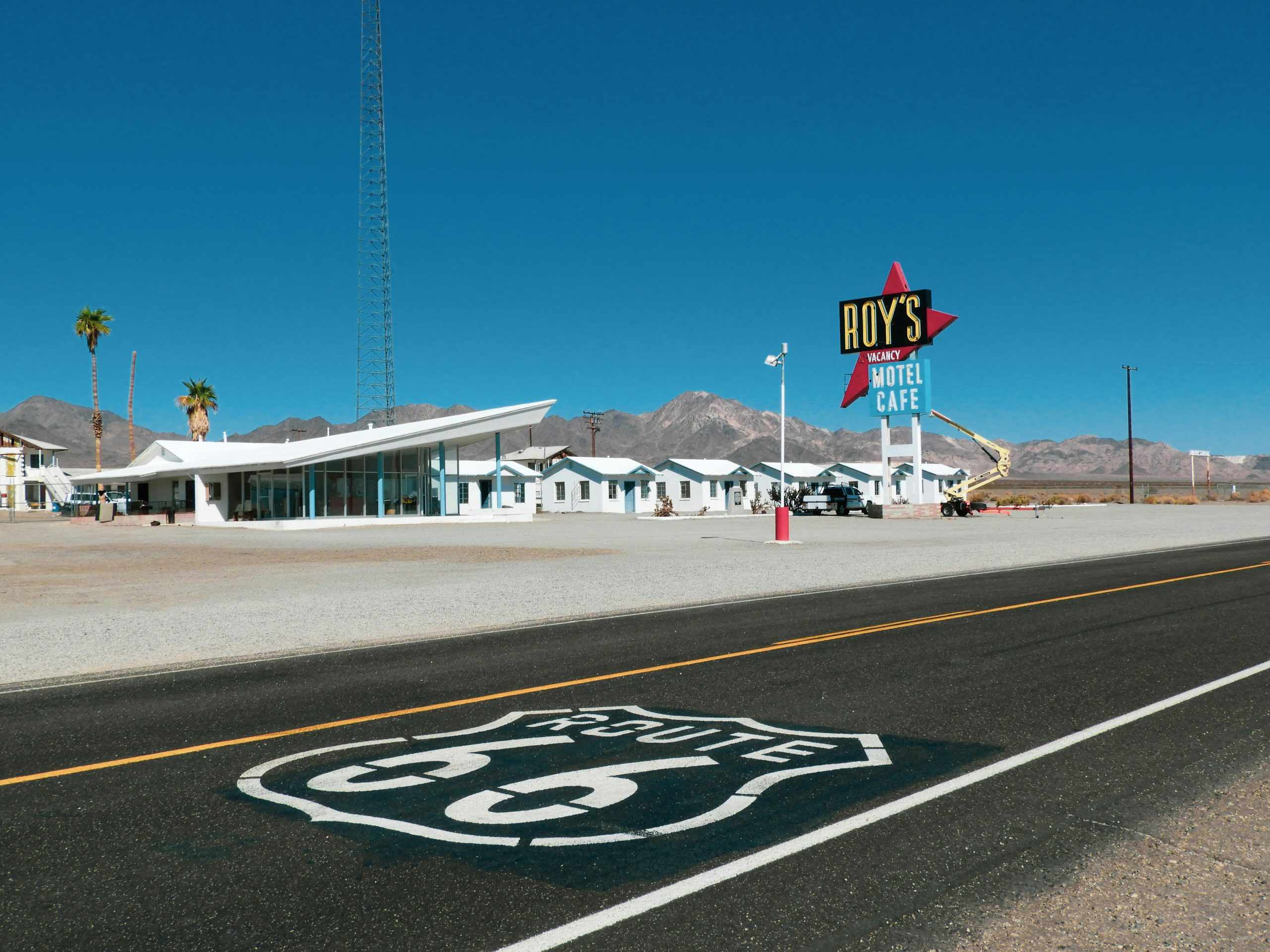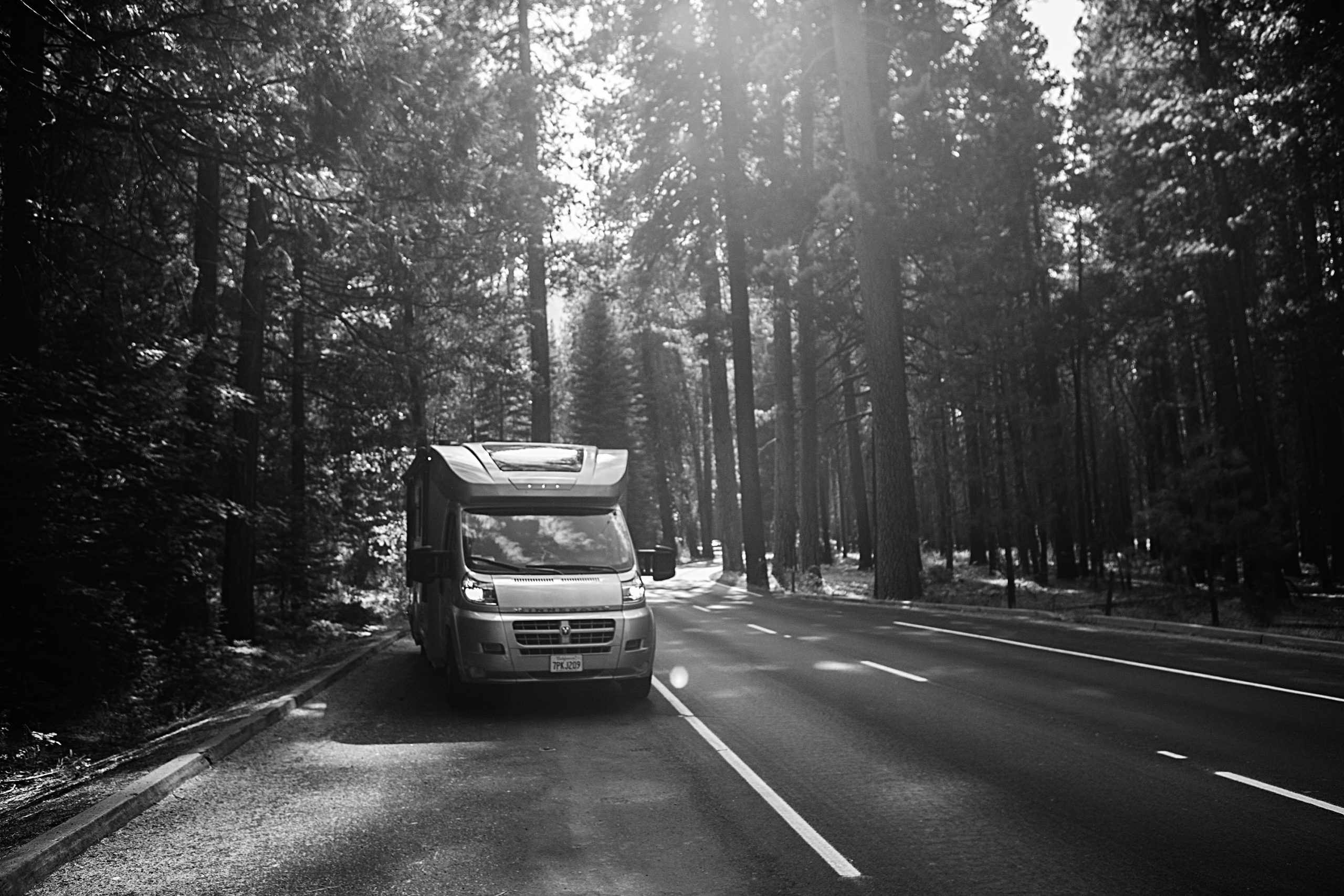Finding the right RV for your road trip can be tricky. After all, there are so many models to choose from that you may not even know where to start! Even if you’ve already decided that small trailers are for you, you still have options, including the popular pop-up camper and teardrop trailer.
Both teardrop and pop-up campers offer an upgraded experience from tent camping without the inconveniences of a motorhome. Light enough to pull with a compact car or even a motorcycle, these two small trailers offer all the comforts of home without the bulk of a large RV. Both styles of pull-along trailers are small enough to fit in most driveways and are an excellent option for the open road.
If you’re trying to choose between the two, we’ve put together this little guide to help make your decision easier.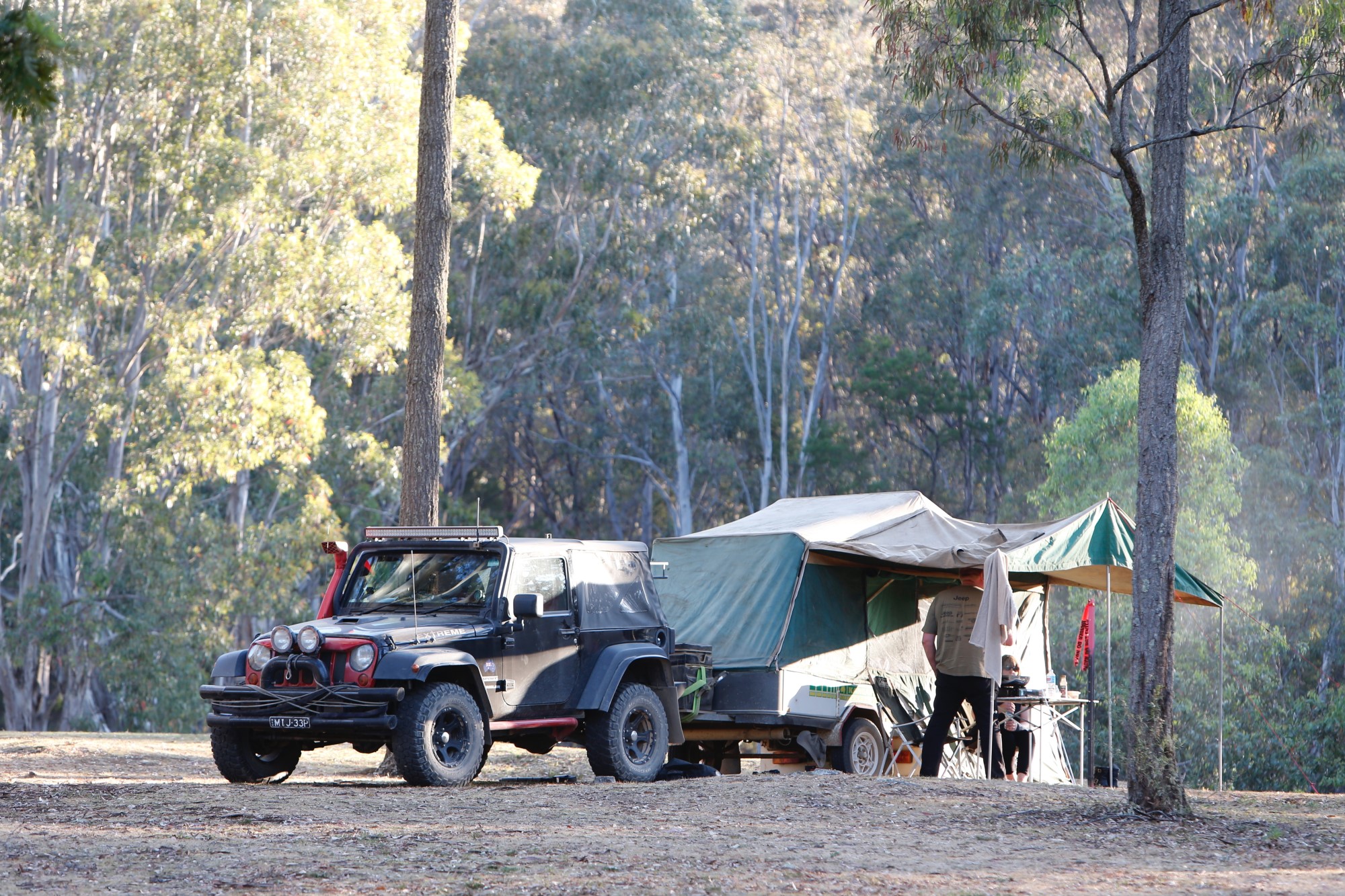
Pop-Up Campers: What to Expect
Also known as tent trailers, the pop-up trailer features collapsible canvas walls and pull-out bunks fitted on a lightweight trailer. The camper folds into a compact square unit when being transported, and is completely locked and secure.
Like any other RV type, what you get in a pop-up camper just depends on the make and model. Typically, pop-up campers have one or two queen- or full-sized beds, a small kitchen, and a dinette. Some may even have a bathroom area! Smaller models may have interior sleeping space with a slide-out outdoor kitchen.

Pros of Pop-up Campers
Pop-ups have a ton of advantages. They make the jump from tent camping to trailer camping less financially demanding and are a great intro to RV life. They’re compact enough to go most places your car can, and the generous interior spaces of pop-up provide room for the whole family to stretch out.
Other pros of pop-ups include:
- Pop-ups are the most affordable type of RV: Some used pop-up trailers can be purchased for around $1,000, making them the cheapest way to RV. They are often also the cheapest to rent from owners on Outdoorsy.
- The campers can be towed by more vehicles. Because they’re so light, pop-ups can be towed by trucks, SUVs, and many crossovers. In some cases, sedans can even pull a pop-up camper.
- They are an upgrade from tent camping. Pop-ups offer a major upgrade from tent camping. They provide a secure space off the ground and away from the elements.
- They are compact and store easily. Since they’re collapsible, they easily fit in garages or driveways without taking up too much space.
- They have what you need but still give you the authentic “camping” feel. If you don’t want to get too fancy, the pop-up is for you. They’ll have everything you need and nothing you don’t.
As amazing as they are, this type of camper isn’t for everyone. Let’s look at some of the disadvantages.
Cons of Pop-up Campers
One major drawback of the pop-up style trailer is how the canvas material interacts with the elements. Since the design includes tent fabric, the units can be hot and stuffy in the direct summer sun, and cold in the winter. If you encounter rain during a trip, the canvas materials will need to be dried out before being stored for an extended period. This might prove to be difficult if you live in a rainy climate.
Compared to other RVs, some find the set-up and take-down process tedious. Like a tent, you’ll likely have to do some work to get it ready for sleeping. Some people prefer the ready-to-use style of teardrop campers.
YouTuber YakMotley breaks down his personal experience with a pop-up camper in this great video below.
Teardrop Trailers: What to Expect
The last decade has seen a resurgence of interest in the classic teardrop trailers. Once a staple of American outdoor life in the 1930s and 1940s, the teardrop is back in favor due to consumers preferring to tow their camping luxury with a car, rather than with a big truck or SUV.
Like the pop-up, a teardrop trailer is small. However, unlike the pop-up, the size of the teardrop is what you get. It doesn’t fold out or expand. Most teardrops have a sleeping area and storage inside with an outdoor kitchen area in the back.
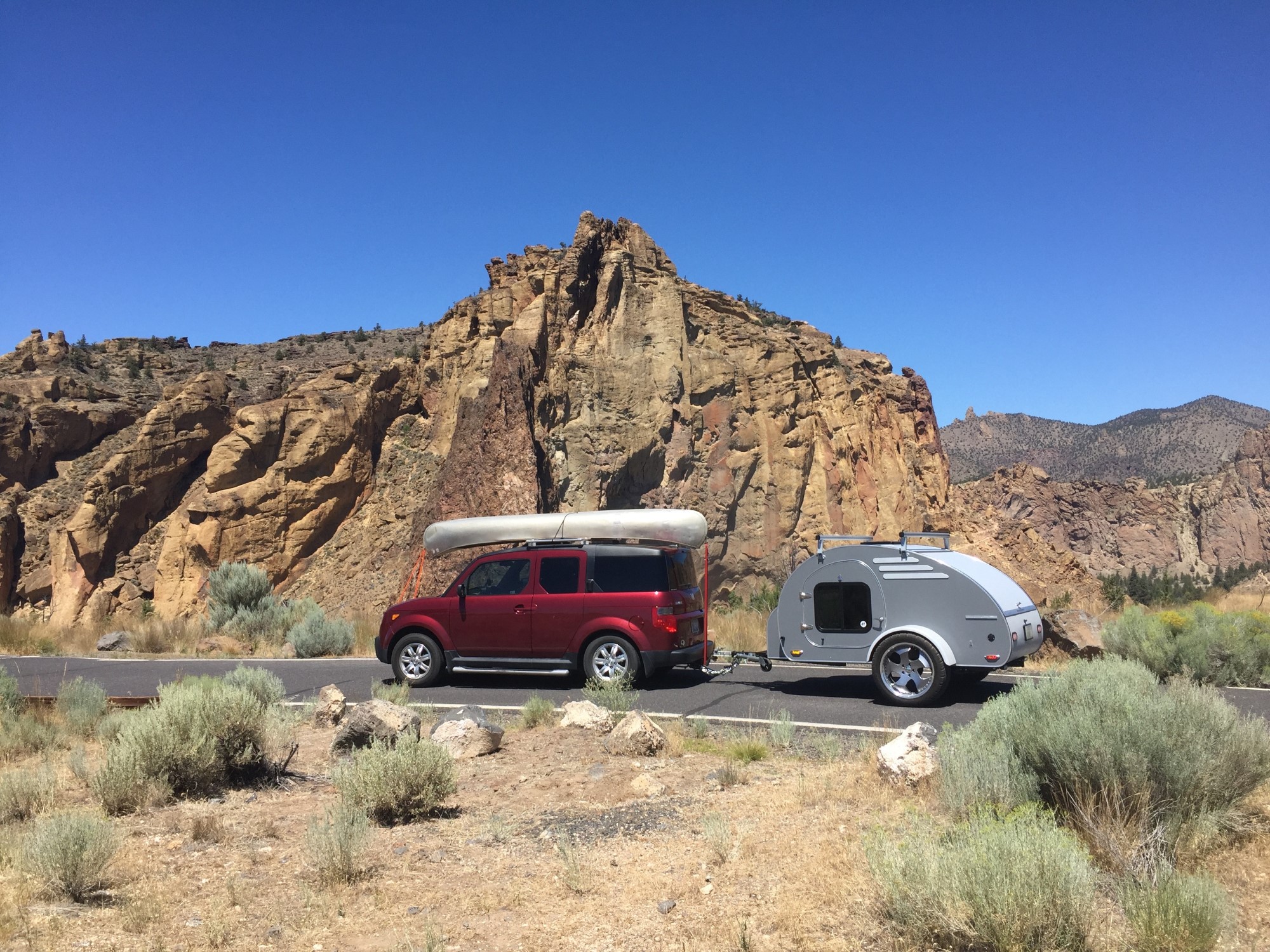
Pros of Teardrop Trailer
Here are some reasons why people love traveling in teardrop campers:
- They have an iconic aesthetic. If you want to travel in style, these are the way to go. The classic design of teardrops have helped them rise to popularity
- Teardrops are aerodynamic. The shape of the teardrop hard shell camper features a natural aerodynamic curve that assists in keeping these trailers fuel-efficient.
- They are sturdier than pop-up campers. The sturdy materials used to build a teardrop make them less affected by weather, temperature fluctuations, and noise.
- Teardrop campers are secure. Another key benefit is that teardrop trailers are fully lockable without the need to pack or take down any tents.
- They are lightweight and easy to tow. Like the pop-up camper, small teardrops are small enough to be towed by most trucks, SUVs, crossovers, and even sedans with the right towing capacity.
“Teardrop camping is camping with convenience,” according to Jon Christianson, co-owner of Oregon Trail’r, a teardrop trailer manufacturer. When you own a teardrop, it’s super easy to get out and go, since all the camping gear can be stored within the trailer. A quick stop at the grocery store is all you need before heading out to the woods on a Friday afternoon.
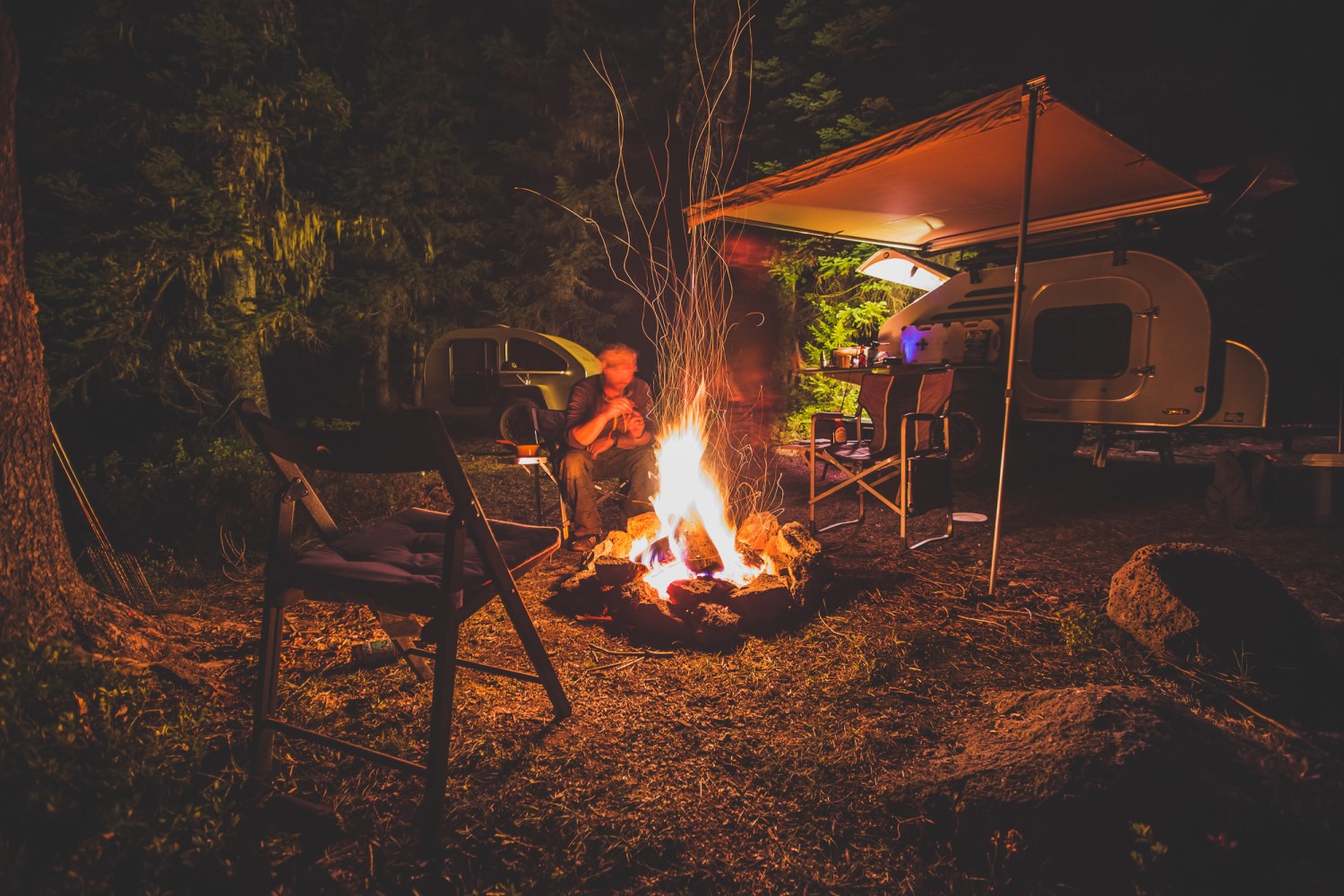
Cons of Teardrop Trailer
The teardrop may be popular, but it’s not without drawbacks. Here are a few things to consider.
- They are typically more expensive. In part due to their current popularity, the teardrop is often quite a bit more expensive than the pop-up trailer.
- They are typically more cramped than a pop-up. Because they don’t fold out, most teardrops are more cramped than a pop-up. They may be suitable for 1-2 people, but if you’re looking to camp with your entire family, you will be able to sleep more people comfortably in a pop-up.
- Teardrops have less storage space. Again, because they’re smaller, there’s also less storage space.
Still, if you’re looking for a simple way to camp, teardrop trailers are a wonderful option.
The Choice Is Yours
Both the pop-up camper and teardrop trailer are great options if you’re looking for a small RV for your road trip. Both have downsides, but for many, the advantages far outweigh any cons. Consider your unique camping situation to decide which is best for you. Either way, you’re sure to make memories!
